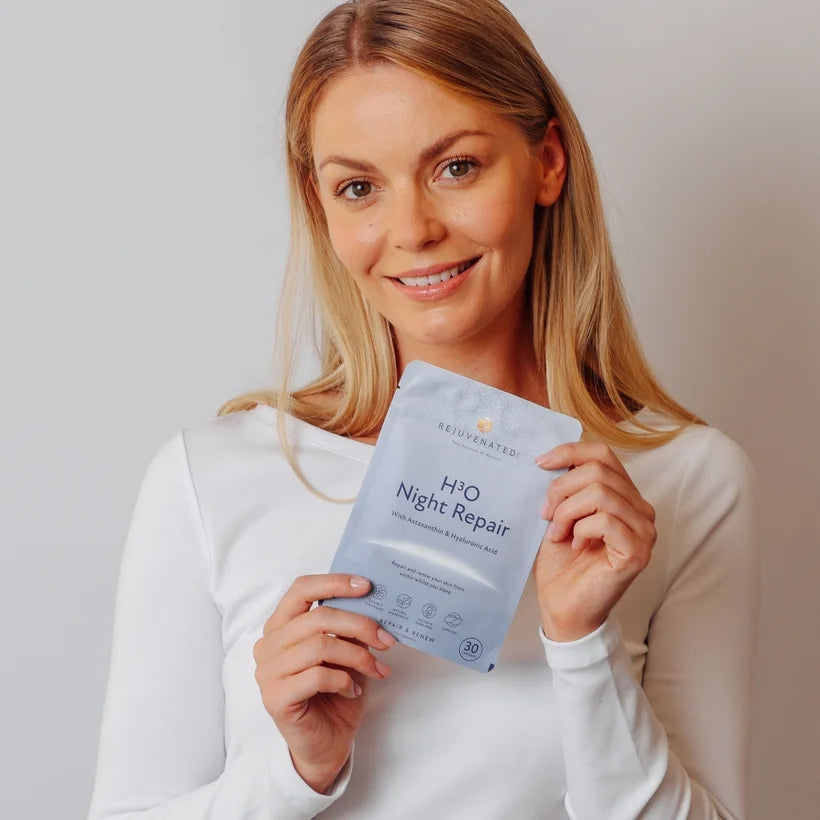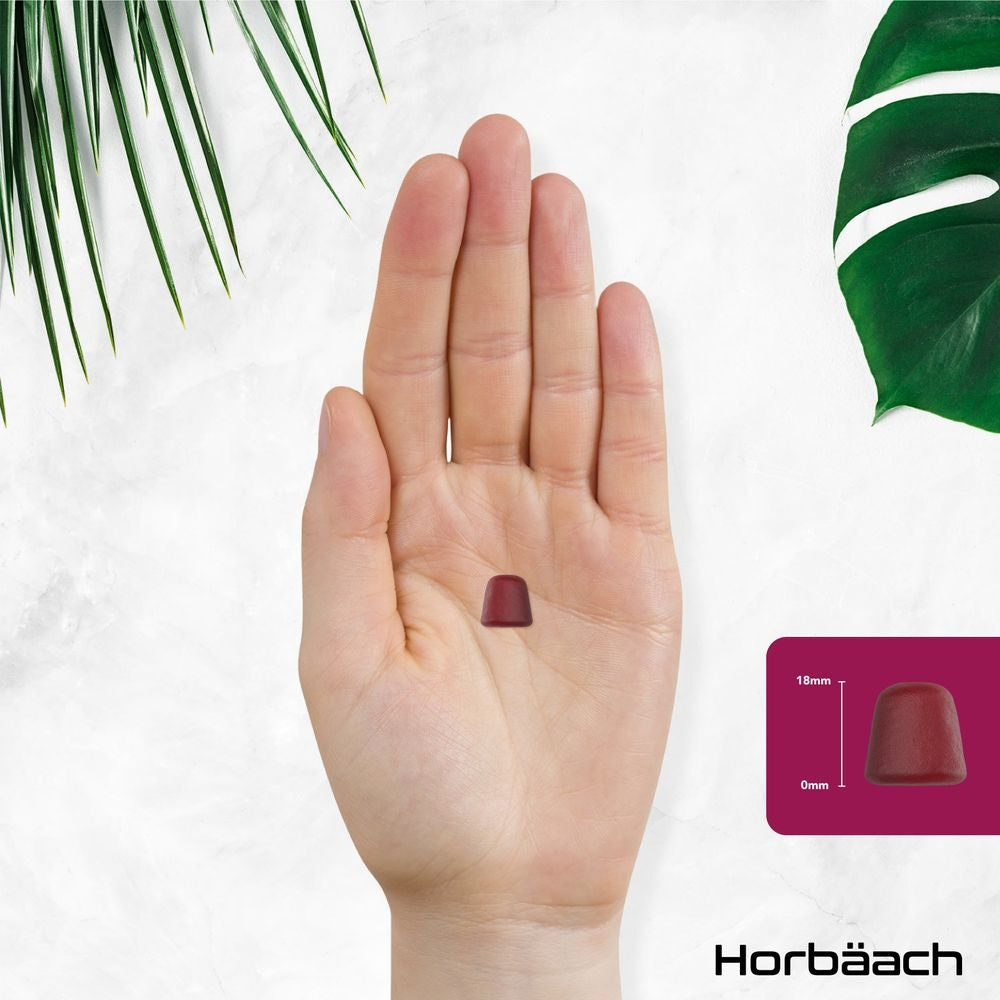
A Complete Guide to Prenatal Multivitamin Supplements
Pregnancy is a life-changing journey that demands extra care, especially when it comes to nutrition. While a balanced diet plays a key role, prenatal supplements or multivitamins ensure that both mother and baby receive the essential nutrients needed for a healthy pregnancy. In the UK, there are a wide range of prenatal vitamins designed to support each stage of pregnancy. But how do you choose the right one?
Why Are Prenatal Supplements Important?
During pregnancy, your body needs higher levels of certain nutrients like folic acid, iron, vitamin D, iodine, and omega-3 fatty acids. These nutrients help with:
- Foetal brain and spine development (Folic Acid)
- Preventing anaemia (Iron)
- Bone health (Vitamin D & Calcium)
- Thyroid function (Iodine)
- Eye and brain development (Omega-3 DHA)
Since it can be difficult to get all of these nutrients from food alone—especially with morning sickness or dietary restrictions—supplements act as a reliable backup.
Key Nutrients to Look For in a Prenatal Multivitamin
When shopping for prenatal vitamins in the UK, make sure they include:
- 400 mcg Folic Acid (especially important in the first 12 weeks)
- 10 mcg Vitamin D (as recommended by the NHS)
- Iron to prevent fatigue and support blood supply
- Iodine for baby’s brain development
- Calcium & Magnesium for bone health
- B Vitamins for energy production and reducing nausea
- Omega-3 (DHA) from fish oil or algae
Top Prenatal Supplements in the UK
Here are some of the most trusted and NHS-recommended pregnancy multivitamins available in the UK:
-
Pregnacare Original by Vitabiotics
One of the most popular choices, it contains 400mcg folic acid, vitamin D, iron, and more. -
Seven Seas Pregnancy Multivitamin
Includes folic acid, iodine, vitamin D, and additional B vitamins for energy support. -
BetterYou Pregnancy Spray
Ideal for women who prefer a non-pill option, with a sublingual delivery of essential nutrients. -
Solgar Prenatal Nutrients
A comprehensive, high-quality formula suitable for vegetarians. -
Zita West Pregnaplan
Formulated by fertility expert Zita West, includes folate (a more absorbable form of folic acid), iron, and probiotics.

When to Start Taking Prenatal Supplements
It's recommended to start taking folic acid at least 3 months before conception and continue throughout the first trimester. Ideally, prenatal multivitamins can be taken throughout the entire pregnancy and even postnatally, especially if you’re breastfeeding.
Tips for Choosing the Right Supplement
- Consult your GP or midwife before starting any new supplement
- Look for UK-manufactured or NHS-approved brands
- Check for allergen-free or vegan options if you have dietary needs
- Consider a combined supplement with Omega-3 for convenience
Final Thoughts
Prenatal vitamins are not a replacement for a healthy diet, but they are an essential support system for you and your baby. Whether you're planning to conceive or already expecting, the right prenatal supplement can make a big difference in ensuring a healthy pregnancy journey.






